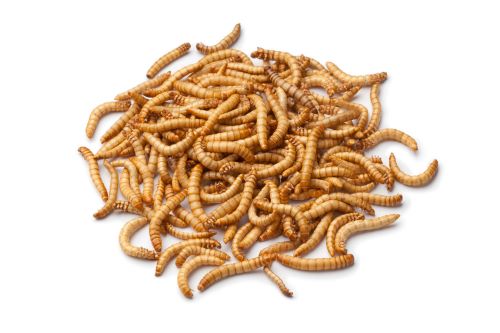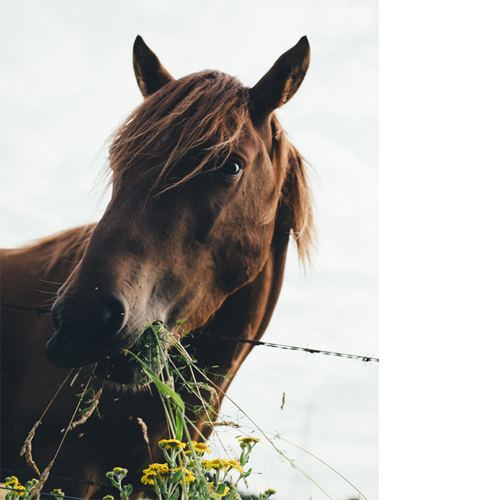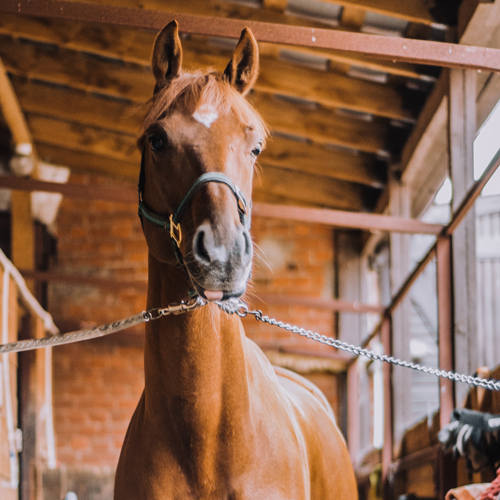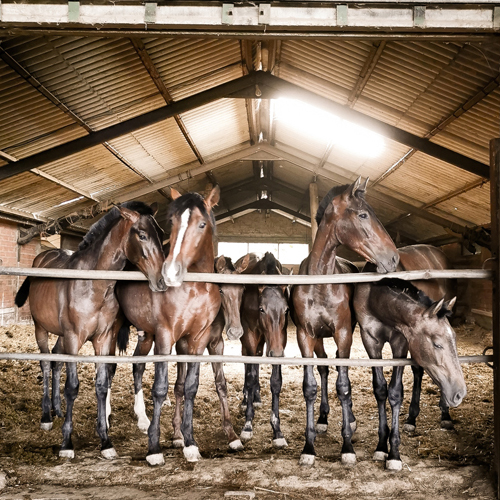Considerations for spray application
Most dairies soak cows with potable water, and the amount used varies widely among farms (eg, 4.5-25.7 L/h per cow). In the coming decades, water is predicted to become increasingly limited. Therefore, in addition to mitigating heat stress, reducing water footprint is a major sustainability concern for the US dairy industry.






